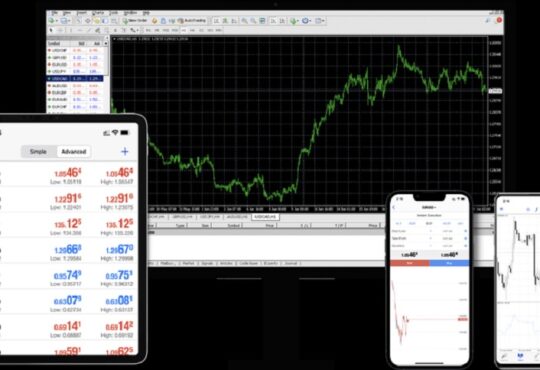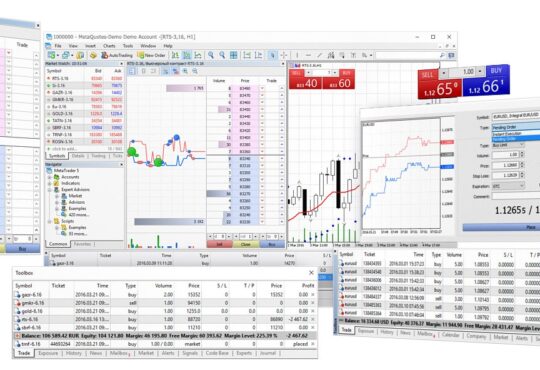
To be successful in trading, you must learn how to deal with the weekly timeframe of trading. This means that each week there are different trends and price movements that will affect your trades.
Plan Your Entries and Exits Based On What Has Happened – Not What You Predict Will Happen
Many people who trade don’t plan their entries or exits before they make them. The problem with this is that if you don’t have a plan before you trade, how are you meant to know if the plan will work when you enter the market?
For example, on a 4hr time frame of trading, GBP/USD is in an uptrend. You decide to buy at the current price with your stop loss set below the low of the most recent candle. You don’t have any prior knowledge of what might happen in this case, though, because you haven’t studied this particular market beforehand and planned out what would be a good entry point before entering.
Overnight, however, US GDP is released, which upsets all short term forecasts – resulting in profit-taking by many traders who bought previously. As a result, they may sell into your buy order and send the price falling through your stop loss. It’s essential to follow a trading plan and stay consistent with it for this very reason, even if you don’t understand why – just because something is happening in the Saxo markets right now doesn’t mean that your position will be profitable.
Tips for Using this Timeframe Effectively
These tips are split into different stages of trading, so go through them one by one. These are guidelines, not rules, so feel free to vary them slightly depending on what you see fit at any given time.
Only Hold Positions From Monday-Friday
If you look at the daily timeframe of most major currency pairs, you’ll notice that movements tend to be greatest during the week and quietest over the weekend. Price movements on weekends are unpredictable, and it’s tough to gauge what might happen when trading with weekly charts. So it’s best not to trade from Friday through Sunday unless you have specific knowledge of how price is likely to react during this timeframe.
The Week Begins At Midnight In Your Timezone On Monday
For example, if I’m in London (GMT+0), even though today (Monday) isn’t technically the beginning of the week according to your calendar, it is since my market opens at midnight each day. Any trades I start on Monday and go into the weekend will be affected by Friday’s price swings, even though there is technically only one day between my entry and exit.
The Weekend Is Full Of Noise
The most exciting part about trading with a weekly time frame is that you get to trade over the weekend. During this timeframe, we see higher volatility and more opportunities popping up due to market participation rate during these times – but make sure you know what you’re doing before attempting to do any severe trading over this timeframe.
If you don’t know what you’re doing, then it’s best to stay well away from trading during this timeframe, as price movements over a weekend tend to be unpredictable at the best of times.
Figure Out Which Days Are Better For Trading In Your Particular Timezone
The best way to figure out how price is likely to behave during the weekend is to take a look at charts of your selected market’s weekly timeframe. You’ll notice that price behaviour varies from week to week depending on what’s happening with critical economic data releases, important news stories and significant events like central bank meetings.
The best way to figure out how price is likely to behave during the weekend is to take a look at charts of your selected market’s weekly timeframe. You’ll notice that price behaviour varies from week to week depending on what’s happening with critical economic data releases, important news stories and significant events like central bank meetings.
If you’re unsure which days of the week are best for options trading, then check out the weekly timeframe graphs to guide your decision-making process.








